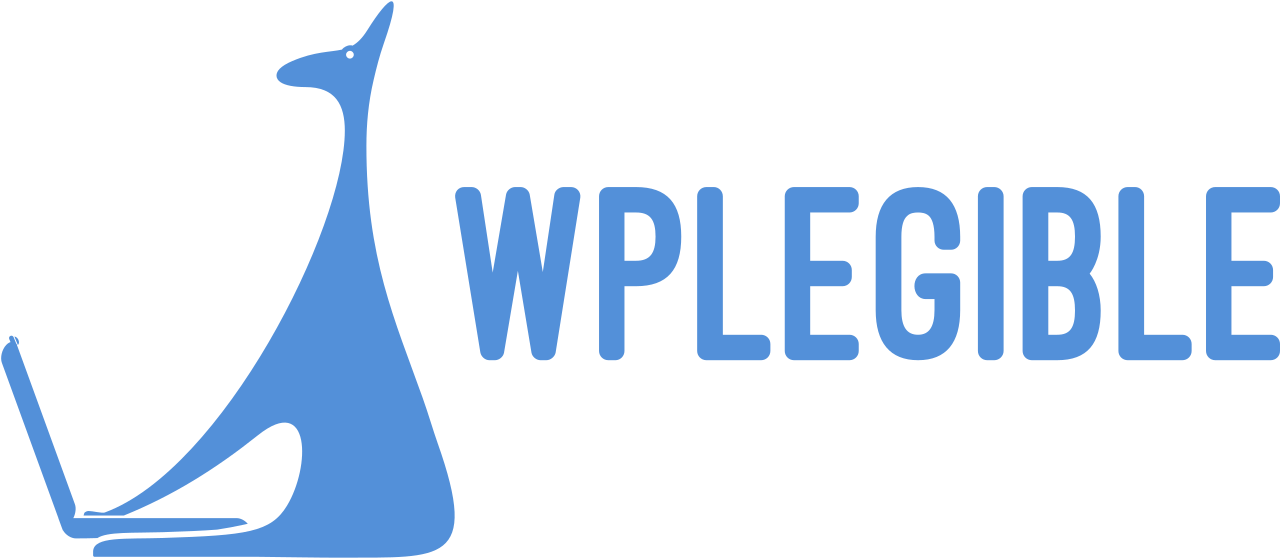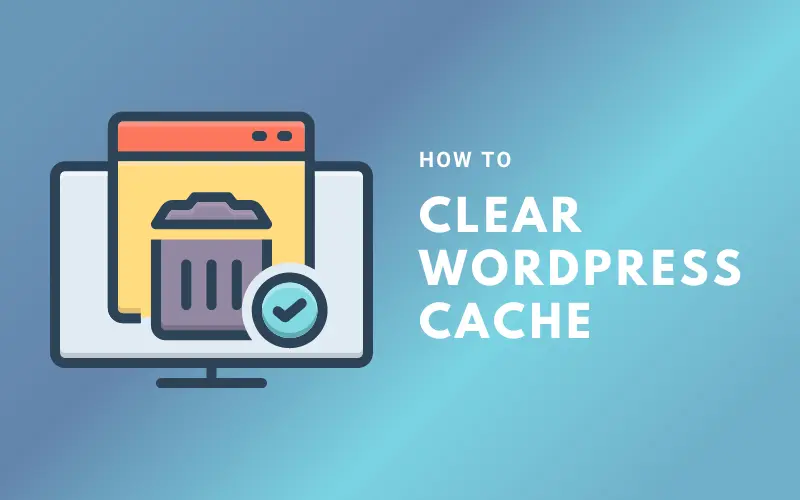Want to join millions of online bloggers? WordPress blogs are wonderful for promoting your company, hobby, or ideas.
WordPress’s user-friendly interface, flexible themes, and powerful plugins allow anybody to create a professional-looking blog that stands out in a competitive online market. Let’s take our computers and get creative to explore WordPress blog.
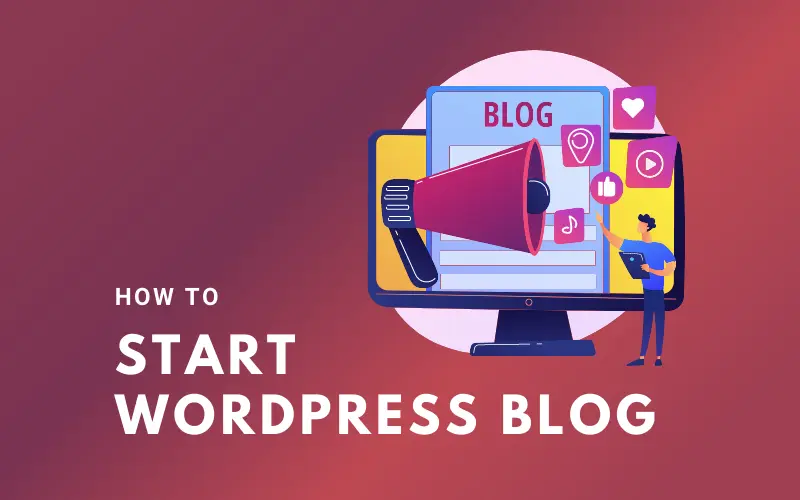
Easy Steps to Start a WordPress Blog
Here we will guide you through starting a WordPress blog in 12 easy steps.
Step 1: Define Your Purpose and Niche
When starting a blog, define your aims and audience. Evaluate your blogging aims and audience. This will help you focus your blog and keep it relevant.
Step 2: Choose the Domain Name and Web Hosting
Your domain name is your website’s address, therefore it should be unique and relevant to your blog’s topic. Web hosting will store your website. Choose a trusted web host to ensure your website runs smoothly.

Step 3: Install WordPress
Thousands of websites worldwide are powered by the well-liked content management system WordPress. To build a blog, you must install WordPress on your web server. The majority of web servers have a one-click WordPress installation option, which makes starting a blog simple.
Step 4: Choose Your Theme and Design
The theme and layout of your blog are crucial for drawing in and keeping visitors. You may choose a WordPress theme that corresponds with the subject and design of your blog from among the hundreds of free and paid options available. Also, you may add your own logo, colors, and fonts to the theme.
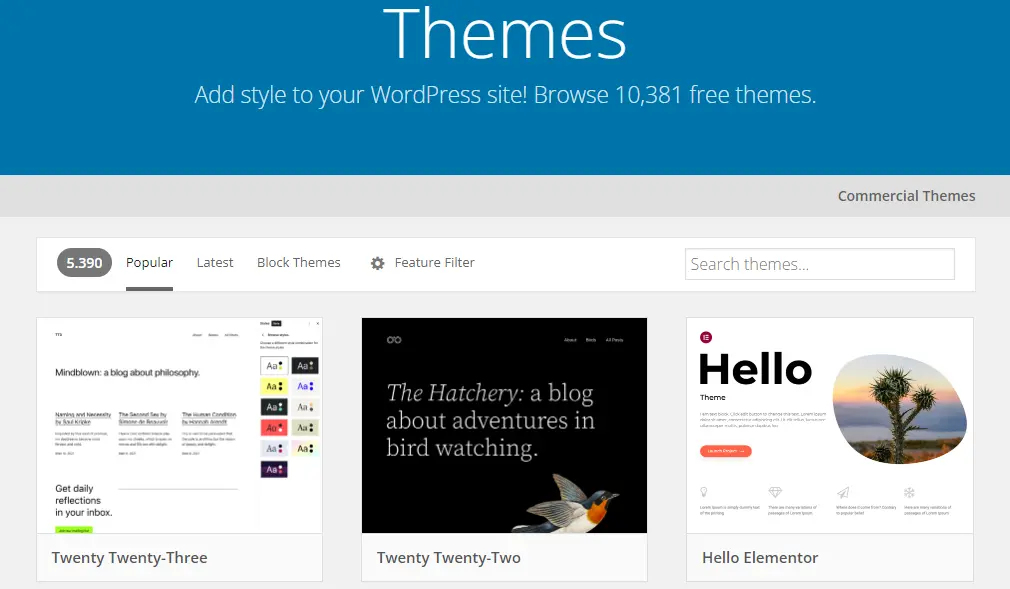
Step 5: Install Essential Plugins
WordPress plugins provide your website more functionality, and there are many of both free and paid plugins available. Every WordPress site should contain a few key plugins, including:
- RankMath: aids with search engine optimization
- Jetpack: enhances your website’s security and analytics capabilities.
- WPForms: lets you design personalized contact forms
- Social Share Buttons: includes sharing buttons for social media on your website
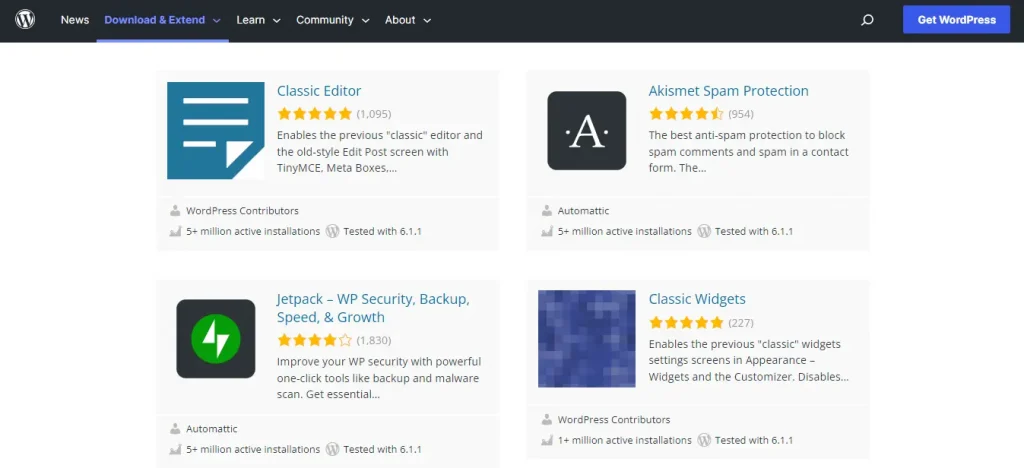
Step 6: Create High-Quality Content
Your blog’s material should be of the highest quality and be interesting to read. Your blog’s theme should be addressed in your material, and it should benefit your viewers. To organize your material ahead of time, think about constructing an editorial calendar.
Step 7: Promote Your Blog
It’s crucial to market your blog after you’ve created it in order to draw readers. Using email marketing, guest posts on other blogs, and social media, you may advertise your site. Building a devoted following also requires engaging with your audience via social media interactions and blog comments.
Step 8: Monetize Your Blog
There are various monetization tactics you may take into consideration if you’re interested in generating income from your site. Display advertising, affiliate marketing, sponsored content, and the sale of physical or digital goods are a few common monetization strategies.
Step 9: Track Your Analytics
It’s critical to monitor your website’s statistics to gauge the effectiveness of your blog. Google Analytics is a free tool that offers useful information about user behavior and website traffic.
Creating a WordPress blog may be a fulfilling experience that enables you to connect with like-minded people and share your hobbies. You may build a WordPress blog that succeeds and stands out in the competitive internet market by adhering to these crucial measures.

Step 10: Maintain and Update Your Blog
It’s crucial to maintain and update your WordPress blog on a regular basis after you’ve put it up. This includes maintaining your plugins and themes, constantly producing fresh material, and keeping an eye on the functionality of your website. Frequent website backups help to guarantee that crucial information is not lost in the event of a website breakdown or other technical difficulties.
Step 11: Engage with Your Audience
To gain a dedicated following and establish yourself as an expert in your field, you must interact with your audience. There are many methods to interact with your readers and create a sense of community around your blog, including responding to comments and emails, holding webinars or live events, and providing members with unique material or discounts.
Step 12: Keep Learning and Improving
It’s critical to continue learning and developing your abilities since the blogging industry is continuously changing. To keep up with the most recent trends and blogging best practices, you may take online courses, go to conferences and events, and join online communities.
While it involves careful preparation and thought, starting a WordPress blog can be a fulfilling experience that enables you to express your hobbies and interact with like-minded people. You may build a WordPress blog that succeeds by adhering to these crucial stages and sustaining it over time in the competitive internet market.
Tips to Consider when starting a New WordPress Blog
Define Your Goals
Prior to establishing a blog, it’s crucial to establish your objectives and the site’s function. Decide who your target audience is and what you want your blog to accomplish. This will assist you in developing a clear plan and direction for your blog.
Choose a Niche
By selecting a specialized specialty for your blog, you may draw in a loyal readership and position yourself as an expert in that field. Concentrate on a subject in which you have knowledge and passion.
Pick a Good Domain Name
Your blog’s domain name serves as its basis, so choose a name that is both distinctive and descriptive of the subject of your blog.
Choose a Reliable Web Host
Your website must be stored by your web host, so be sure they are dependable and well-known. Choose a company that has reasonable prices, quick load times, and quality customer service.
Select a High-Quality Theme
To ensure that your website appears nice on all devices, choose a theme that is both aesthetically pleasing and responsive. Seek for a theme that can be modified and provides helpful assistance.
Install Essential Plugins
WordPress plugins may provide your site useful extra features like contact forms, social network sharing buttons, and SEO optimization. The installation of too many plugins, however, might cause your website to load slowly.
Create High-Quality Content
Make sure your material is useful and high-quality since it is what will draw and keep people interested. Put your attention on giving your readers something of value and establishing yourself as a subject-matter authority.
Stay Consistent
The secret to creating a successful blog is consistency. Be consistent with your branding and message, create a content calendar, and follow it.
Conclusion
It may be a fun and exciting journey to start a new WordPress blog, but it’s crucial to take the time to prepare and think through all the necessary steps before getting started.
You may develop a successful WordPress blog that draws a loyal following by outlining your objectives, determining a topic, selecting a solid domain name, choosing a reputable web server, and producing excellent material.
To remain competitive, keep up your consistency, interact with your readers, and continue to learn and become better. Starting a new WordPress blog can be a fun and enjoyable experience with the appropriate attitude and approach.
